Opioid Use Disorder and Overdose
Opioid overdose is the leading cause of accidental death in Rhode Island.
What users can do to prevent an overdose death
- Get help for your addiction;
- Don't use alone – pair up;
- Don't mix drugs like benzos, alcohol, and opioids;
- Talk with friends and family about responding to an overdose and using naloxone in case of an opioid overdose.
- Keep a prescription for Narcan ® (naloxone) on you at all times. Friends and family should learn how to use it if you overdose.
What friends and family can do to prevent an overdose death
- Call 911 if you find someone in an overdosed state. Stay with the person until the ambulance arrives.
- Try to wake the person up by yelling their name and rubbing the middle of the chest hard;
- Try rescue breathing;
- Put the person on their side so they do not choke;
- Stock and use naloxone (also known as Narcan®) to stop a opioid overdose. Rhode Island Walgreens and CVS pharmacies sell this antidote without a doctor's prescription, and it is covered by most health insurers. Training on this drug will be provided when it is purchased;
- Store all medication in a secure location more;
- Safely dispose of all unused medications;
- Help addicts get help.
Signs of an overdose
If a person has any of these signs and cannot respond to you, he/she may be having a drug overdose. An overdose usually happens 1 to 3 hours after a person has used.
- Heavy nodding;
- No response when you yell the person's name or rub the middle of the chest hard;
- Blue lips or blue fingertips;
- Slow breathing (less than 1 breath every 5 seconds) or no breathing;
- Very limp body and very pale face;
- Choking sounds or a gurgling, snoring noise.
 Rhode Island Department of Health
Rhode Island Department of Health